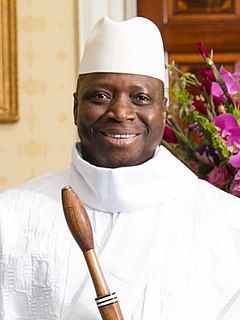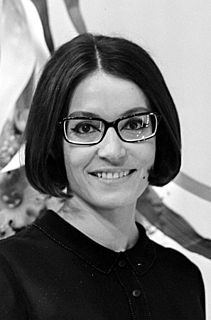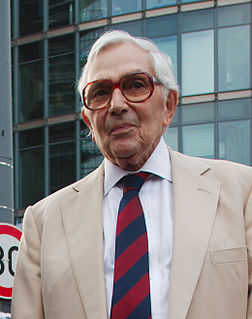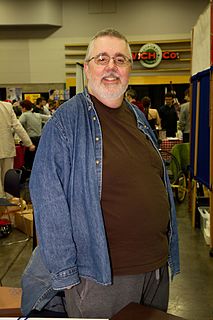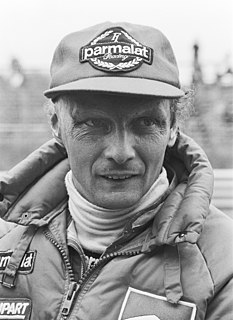A Quote by Ian Bremmer
I think graffiti is part of Berlin culture. You think about what the Berlin wall meant and how visible that was in everyone's life. How it was a part of their very identity.
Related Quotes
Berlin is still a very edgy place, a very cosmopolitan place. It's a place where completely different ideas and cultures come together and clash in a very warm way. In a very warm-hearted way. It's a very young city. It's a vibrant city. It's an exciting city. It's a city that's also scarred by history. I think that's to be celebrated and graffiti is to be celebrated. Graffiti in Berlin is very different than when they spray something on the wall dividing the west bank and Israel. And should be treated as such in Berlin.
In 1995, I went to Berlin to acting school, which was in East Berlin. And I decided to live in the east, because I thought if I go to West Berlin, I might as well stay in Stuttgart in the West because I know all the signs, and the way we deal with each other, and I wanted to get to know the other part of Germany and how they lived and what their history was and their biography. In that period of time, I learned a lot, and it helped me a lot.
I think that our work and our music stands on its own without this knowledge about our identity around it. But I also think that we very consciously decided not to hold back that part of ourselves, but to be very vocal about who we are, kind of what experiences we've had in life, and how we identify.

